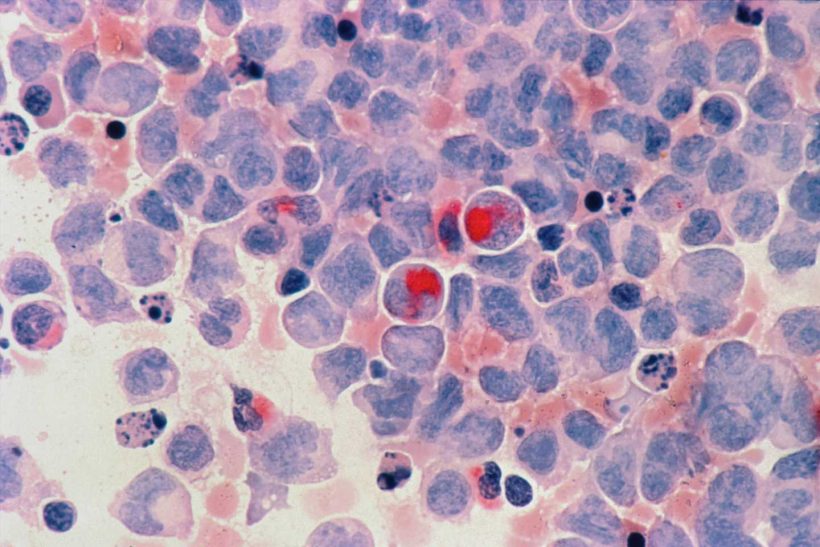
UC Davis Comprehensive Cancer Center has taken part in testing the anti-cancer drug everolimus as part of a phase III clinical trial to see if it helped people with kidney cancer. Results from the clinical trial showed that many patients with kidney cancer remained alive many years after they underwent surgery to remove the cancer.
The study also showed that in a group of patients at the highest risk for relapse, everolimus may have kept them cancer-free longer. The findings were published July 28 in The Lancet.
Cancer center Director Primo “Lucky” Lara, Jr. was one of the key investigators of the phase III S0931 trial, also known as the EVEREST study, conducted by the SWOG Cancer Research Network.
Lara is deputy group chair of SWOG and was recently appointed co-chair elect of the cancer clinical trials group. The study was led by Christopher W. Ryan, a SWOG investigator who is professor of medicine at Oregon Health & Science University.
Patients from nearly 400 cancer centers across the country, including some from UC Davis Comprehensive Cancer Center, were enrolled in the study. They received 10 milligrams daily of oral everolimus or a placebo for 54 weeks.
“Improvement was seen primarily in patients with very high-risk disease, while patients with intermediate high-risk disease saw no improvement,” Lara said. “This encouraging observation warrants further study. We must continue our work to discover and test new agents to improve outcomes in people with kidney cancer.”
Everolimus is a class of therapies known as mTOR inhibitors, a type of drug that blocks the growth of cancerous cells.
Similar therapies are already being used to improve the outcomes of other cancer patients following surgery, including breast cancer.
The EVEREST trial enrolled 1,545 patients who were diagnosed with intermediate high-risk or very high-risk renal cell carcinoma (cancer in the lining of the tubes of the kidney). All had had their cancer surgically removed by a partial or radical nephrectomy (kidney removal).
“Recurrence of cancer in these patients ranges from 2% to 40% following surgery,” Lara said. “It is important to test active new agents as part of clinical trials after their surgery and before their cancer returns and spreads.”
More information:
Christopher W Ryan et al, Adjuvant everolimus after surgery for renal cell carcinoma (EVEREST): a double-blind, placebo-controlled, randomised, phase 3 trial, The Lancet (2023). DOI: 10.1016/S0140-6736(23)00913-3
Journal information:
The Lancet
Source: Read Full Article






